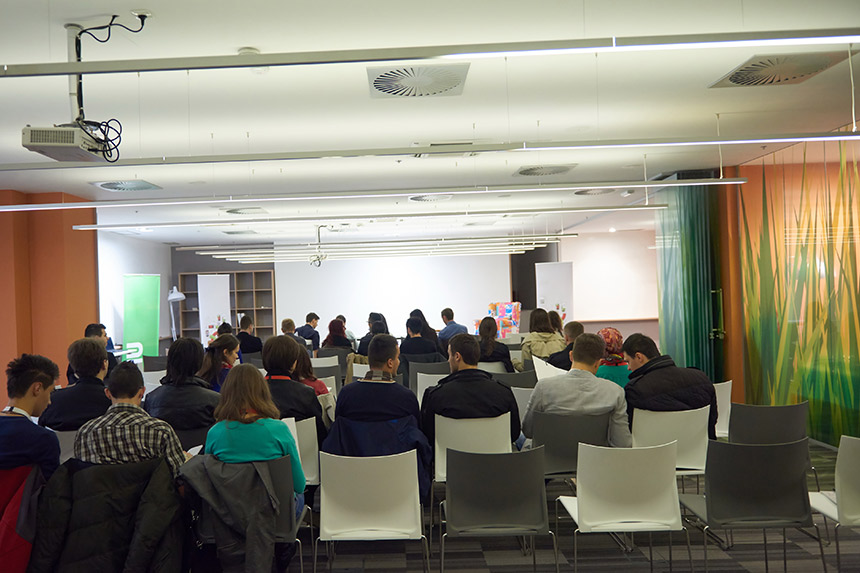What are the functions of academic conferences? Academic conferences serve several important functions in the academic and professional communities. Here are some of the key functions:
Knowledge Dissemination: Conferences provide a platform for researchers, scholars, and professionals to present their latest findings, research, and innovations. This helps in the dissemination of new knowledge and ideas.

Networking: They offer opportunities for attendees to meet and interact with peers, experts, and leaders in their field. This can lead to collaborations, partnerships, and the exchange of ideas.
Professional Development: Conferences often include workshops, seminars, and training sessions that help attendees develop new skills, learn about the latest tools and techniques, and stay updated with advancements in their field.
Feedback and Critique: Presenting research at a conference allows authors to receive feedback and constructive criticism from their peers, which can help improve their work before it is published or implemented.
Career Advancement: Conferences can be a venue for job seekers to meet potential employers, learn about job opportunities, and showcase their expertise. They can also be a place for professionals to gain visibility and recognition in their field.
Collaboration and Partnerships: Conferences can facilitate the formation of research collaborations, joint projects, and partnerships between institutions, organizations, and individuals.



